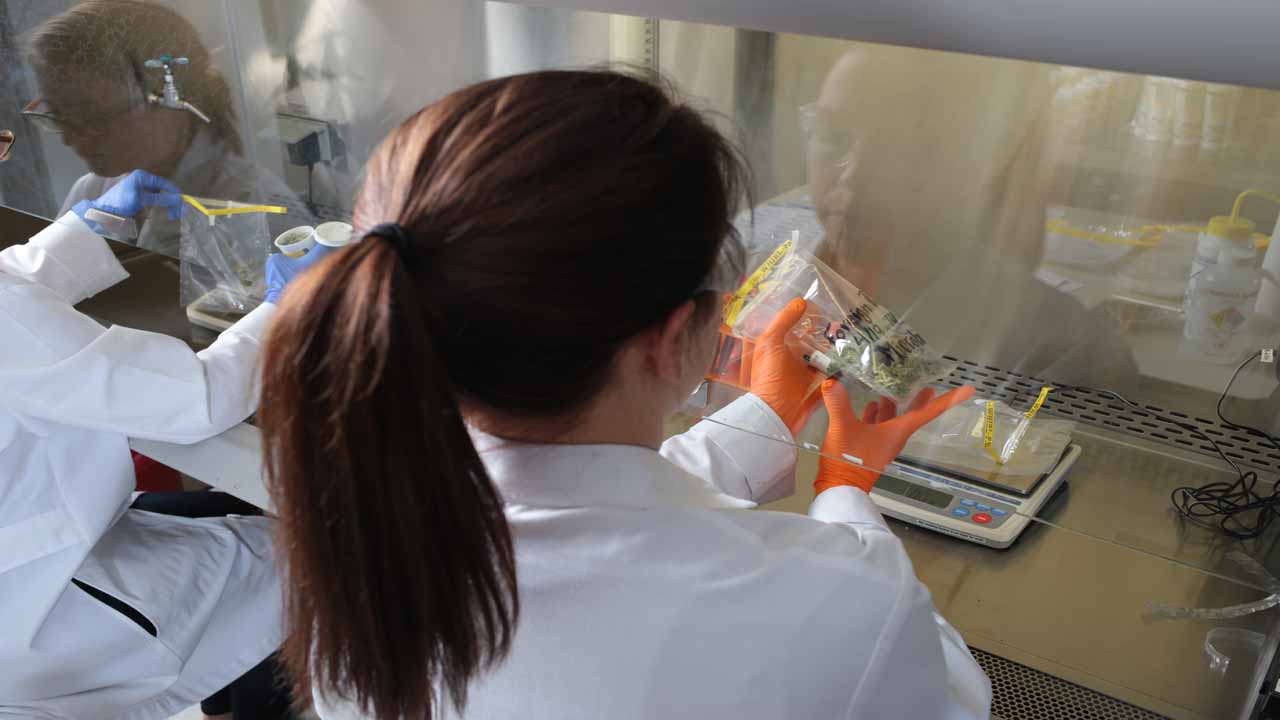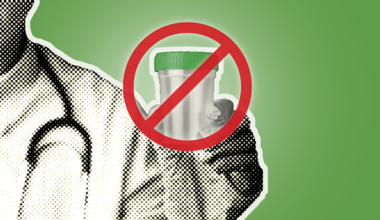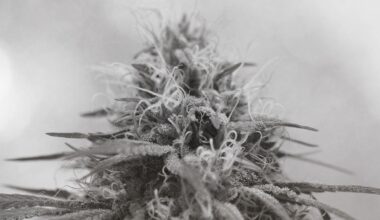Most marijuana products in Colorado are mislabeled, with actual THC potency “significantly lower” than the verified lab results, according to the largest study yet of cannabis labeling.
But while concentrates remain more trustworthy than flower products, the latest confirmation of widespread THC potency inflation underscores the need for regulators to independently verify lab results, University of Colorado Boulder researchers wrote in the journal Scientific Reports.
Widespread allegations that labs artificially inflate THC percentages to please customers have been made for years in the marijuana industry.
It’s a stubborn problem that persists despite an uptick in enforcement in some states.
How the THC potency study worked
In the study, researchers analyzed 277 adult-use marijuana samples from 52 Colorado dispensaries:
- 178 flower samples.
- 99 concentrate samples.
Those samples were then tested by MedPharm Research, a licensed lab based in Denver.
A product was considered “accurately labeled” if tests yielded THC potency within 15% of what was listed on the product label.
The mean labeled THC potency was 22.5% for flower and 73% for concentrates.
However, the observed THC potency was only 20.8% for flower and 70.7% for concentrates.
That means that, of the flower samples, only 56.7% of products were within the threshold.
And while 96% of concentrates met the “accurately labeled” requirement, the researchers still found actual THC potency overall to be” significantly lower than labeled potency” across the board.
Most cannabis flower was overreported by 5.19%.
For example, that means a cannabis flower product was advertised as 22% when it actually tested in the high teens.
Latest confirmation of Colorado lab oversight problem
The study is “the largest sample to date examining THC potency labeling in cannabis flower,” according to the report’s authors.
And its findings are consistent with the experiences reported by many growers and labs, who say that consumers will pass up high-quality, potent cannabis that tests only in the teens.
A spokesperson for Colorado’s Marijuana Enforcement Division, which is responsible for regulating commercial cannabis testing laboratories as well as cultivators and retailers, told Colorado Public Radio that it was “reviewing the study.”
However, the study also affirms earlier findings in Colorado.
A report earlier this year by Justin Singer, CEO of Denver-headquartered cannabis manufacturing company Ripple, found that 85% of products on Colorado store shelves might violate health and safety laws.
Colorado has yet to launch the kind of crackdown on lab fraud that’s led to laboratories losing their licenses in other states.
Subscribe to the MJBiz Factbook
Exclusive industry data and analysis to help you make informed business decisions and avoid costly missteps. All the facts, none of the hype.
What you will get:
- Monthly and quarterly updates, with new data & insights
- Financial forecasts + capital investment trends
- State-by-state guide to regulations, taxes & market opportunities
- Annual survey of cannabis businesses
- Consumer insights
- And more!
Medical Disclaimer:
The information provided in these blog posts is intended for general informational and educational purposes only. It is not a substitute for professional medical advice, diagnosis, or treatment. Always seek the advice of your physician or other qualified healthcare provider with any questions you may have regarding a medical condition. The use of any information provided in these blog posts is solely at your own risk. The authors and the website do not recommend or endorse any specific products, treatments, or procedures mentioned. Reliance on any information in these blog posts is solely at your own discretion.






